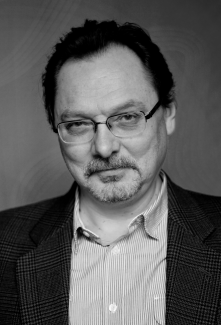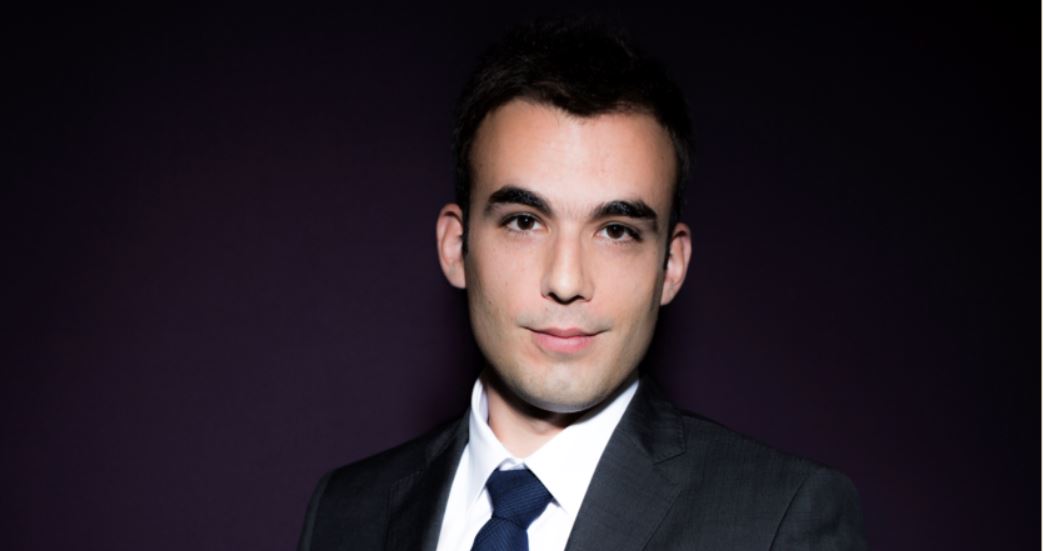As fighting rages, can Russia forge a peace in Syria?
Nearly two and a half years after the Russian military began an intensive bombing campaign in Syria in support of Syrian President Bashar al-Assad, Russia is struggling to engineer a political solution in the war-ravaged country, analysts say.
The Kremlin has presented its landmark Syria operation as a success, shrugging off western criticism over the killing of civilians while claiming to have withdrawn a significant part of its forces.
But the Russian military is still fighting, and President Vladimir Putin has so far failed to secure a deal deemed acceptable to other world powers to allow him to end the intervention.
"During the battle against the Islamic State group (IS), it was easier for the various parties (Russia, Turkey, Iran, US) to find common ground. Now that the fight against IS is over, each has its own agenda and Russia is suddenly lost," said Pavel Baev from the Oslo Peace Research Institute.
Having controlled swathes of territory across Iraq and Syria, IS has been pushed out by a US-led coalition in Iraq and a Kurdish-led militia in Syria, while Russia and Iran have worked with Assad's forces to win back land from IS and other rebel groups.
But without a common enemy, international alliances have splintered.
Under pressure
Turkish-led forces are now pounding the Kurdish-majority region of Afrin, while the Syrian regime is bombarding the rebel enclave of Eastern Ghouta, near Damascus, in defiance of international calls to halt the fighting.
Putin, who last December praised the Russian army for having "brilliantly accomplished" their mission, has forces involved in the Eastern Ghouta assault.
As regional powers fight separate battles, the divergent aims do not necessarily match the objectives of the Kremlin, and another major player, Iran, is also unlikely to want to give up influence it has gained.
"Russia is under pressure from Israel and the United States to moderate Assad's dependence on Iran, which pays for the regime's security. But Moscow does not have enough financial resources" to take the place of Tehran, argues Baev.
And while Putin's strong backing for Assad has made him a major player in the Middle East, it has also tied Russia to the fortunes of the regime.
"Moscow is on a ridge. It is in a very uncomfortable leadership position which must take responsibility," said Julien Nocetti, researcher at the French Institute of International Relations (IFRI).
Peace talks
Forging a peace deal has so far proved impossible in a multi-sided proxy war that has killed hundreds of thousands and seen millions more flee their homes.
Despite separate Russian and EU efforts to push peace talks, Assad has seemed more intent on his forces bombarding rebel-held pockets, while Syria's main opposition and the Kurds also snubbed a Syria peace congress hosted by Moscow in January.
"It is a mistake to believe that Russia has total control over the Syrian executive. Moscow has a tangible influence in the Syrian army and intelligence, but has no illusions about Assad's degree of personal loyalty. The boss/client relationship is sometimes for the benefit of the client," said Nocetti.
That too could complicate Russian peace efforts, particularly as Washington still publicly insists Assad must go.
Analysts struggle to see how Russian diplomacy can bring lasting peace to such an intractable conflict, but many also see Moscow as vital to any future solution.
"There will be no political solution without Russia," said Mathieu Boulegue from think tank Chatham House.
"It is the only non-regional diplomatic player able to talk with everyone else."
Read the article on the AFP website

Media:

Share









